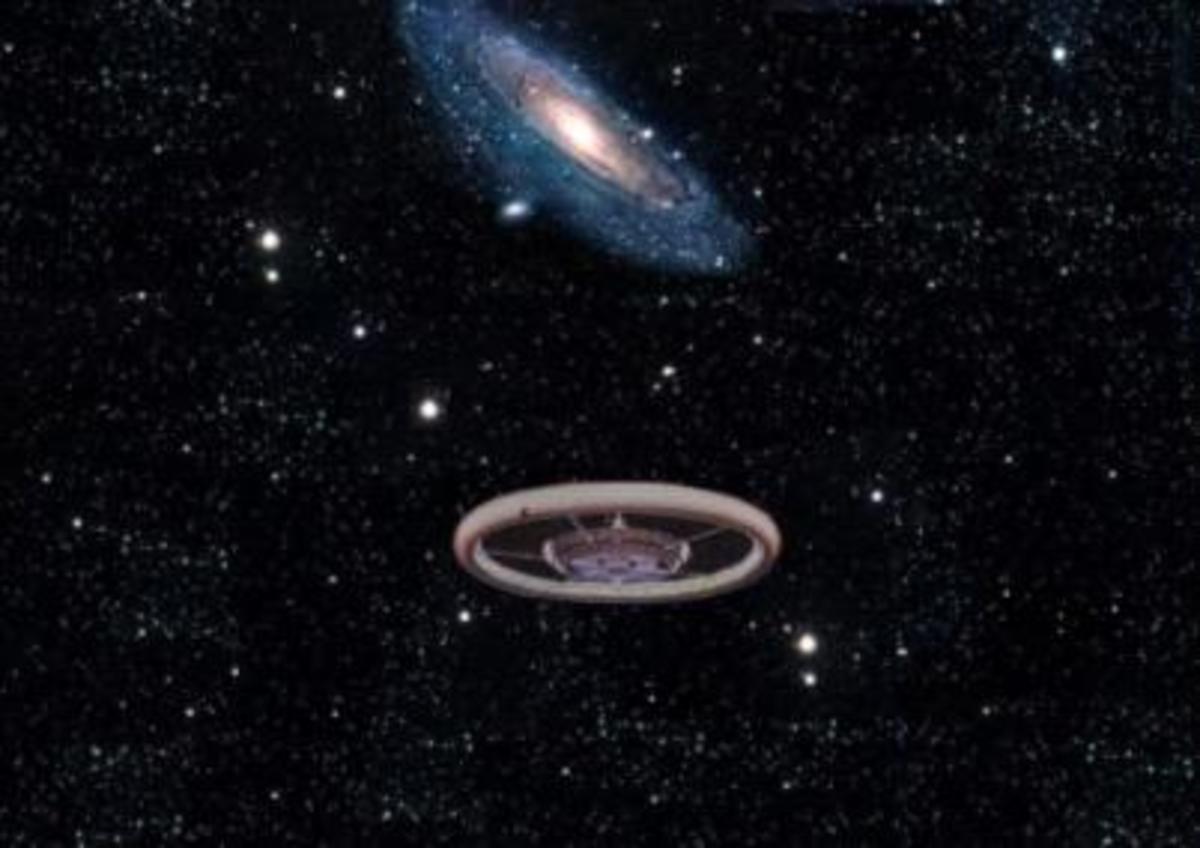What is Biodiversity

Meaning of Biodiversity
The term ‘Biodiversity’ refers to the variety of all life on earth and its myriad of processes. It includes all life forms – from the unicellular fungi, protozoa and bacteria to complex multicellular organisms such as plants, birds, fishes and mammals. Biodiversity helps in providing the basic human needs such as food, shelter and medicine. It composes ecosystems that maintain oxygen in the air, purify the water, enrich the soil, protect against flood and storm damage, and regulates climate.
The term ‘biodiversity’ gained immediate acceptance and was brought to popular attention by the world media during the Earth Summit in Rio de Janeiro in the year 1992. The final text of the Global convention on Biological Diversity (1992) defined it as follows:
"Biological diversity is the variability among living organisms from all sources including terrestrial, marine and other aquatic ecosystems and the ecological complexes of which they are a part; this includes diversity within and of ecosystems.”
Types of Biodiversity
Biodiversity manifests itself at three levels:
- Species diversity – The richness of species in an ecosystem is called as ‘species diversity’. It refers to the number and kinds of living organisms at a particular place. Species are the basic and important units in modern systems for classifying living organisms. The number of species on earth is very large and no one knows the exact number of species because new species are being discovered all the time, especially in little explored areas such as tropical forests and the deep oceans.
- Genetic diversity – Within any given species, there can be several varieties, strains or races which slightly differ from each other in one or more characteristics such as size, shape, resistance against diseases, etc., and resilience to survive under adverse environmental conditions. Such diversity in the genetic make-up of a species is termed as the ‘genetic diversity.’ The species having large number of varieties, strains or races are considered as rich and more diverse in its genetic organization.
- Ecosystem diversity – ‘Ecosystem diversity’ is generally assessed in terms of the global or continental distribution of broadly-defined ecosystem types, or in terms of the species diversity within ecosystems. Ecosystems assessed in terms of the diversity of species may include estimation of richness in particular groups and evaluation of their relative abundance. A system having the component species present in nearly equal abundance is considered as more diverse than one having extremes of high and low abundance.
Biodiversity is a valuable genetic resource as most of the hybrid varieties of crops under cultivation have been developed by incorporating useful genes from different species of plants to produce better quality of the product.







